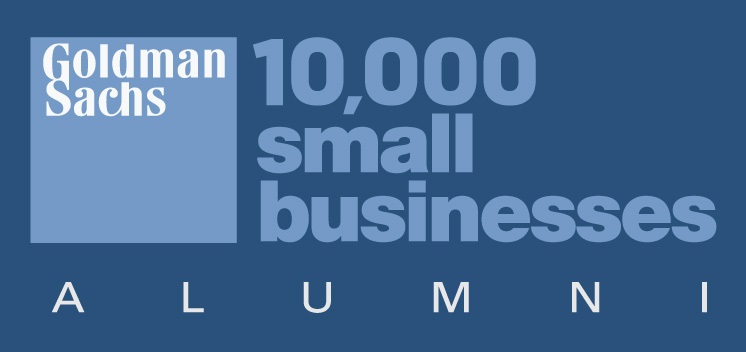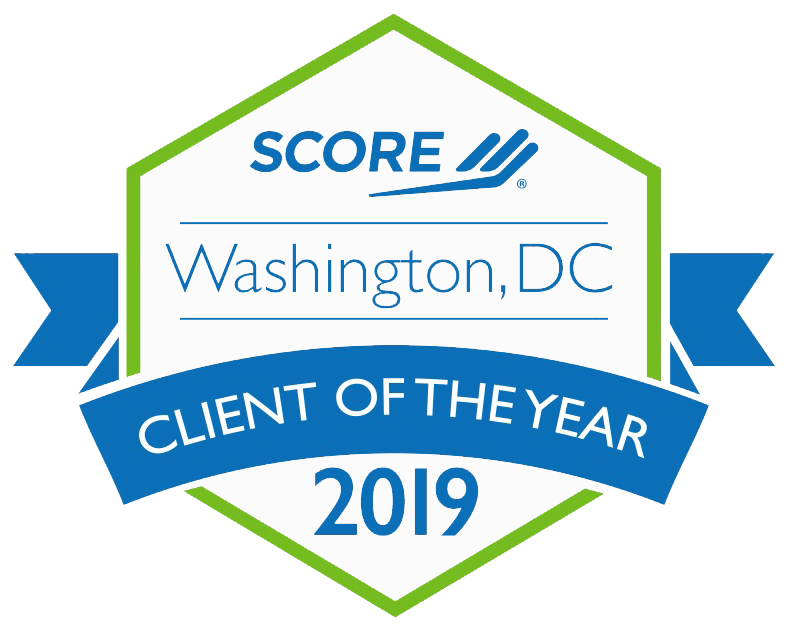So, you have that million dollar idea that you know will be funded by a big donor. You have started to brainstorm with your colleagues, and then someone in your office finds out that there is a huge funding and you would be absolutely remiss if you don’t apply. But wait, there’s a big issue. You have the big idea, and now you have no budget to map your big ideas to actual costs. What’s a grant writer to do? You know that you are still mid-planning, and now you are moving up to the application phase. Red flags, anyone? As I wrote in my last blog, a well-written proposal is only as good as the content. If a proposal budget doesn’t make sense, it won’t stand on its own merit. Here are some rules of thumb to think about,  especially if you have no budget prepared at the onset.
especially if you have no budget prepared at the onset.
- Do you have a budget template to use?
- Have you written similar proposals before and can leverage content from other proposals?
- Can you work closely with your programmatic and financial teams to itemize indirect and direct costs?
- Are there certain organizational policies regarding cost allocation (i.e. fringe benefits, indirect cost rates, cost of living increases for salaries)
- Do you have vendor and contractor quotes that you can leverage based on work they have done for other grant awards?
Your budget must align with your proposal narrative, as the two are interwoven throughout the application. Even if the opportunity is a natural fit for your project or program, timing is everything. I firmly believe it is better to wait and have a thorough proposal rather than to submit a sub-par application.





